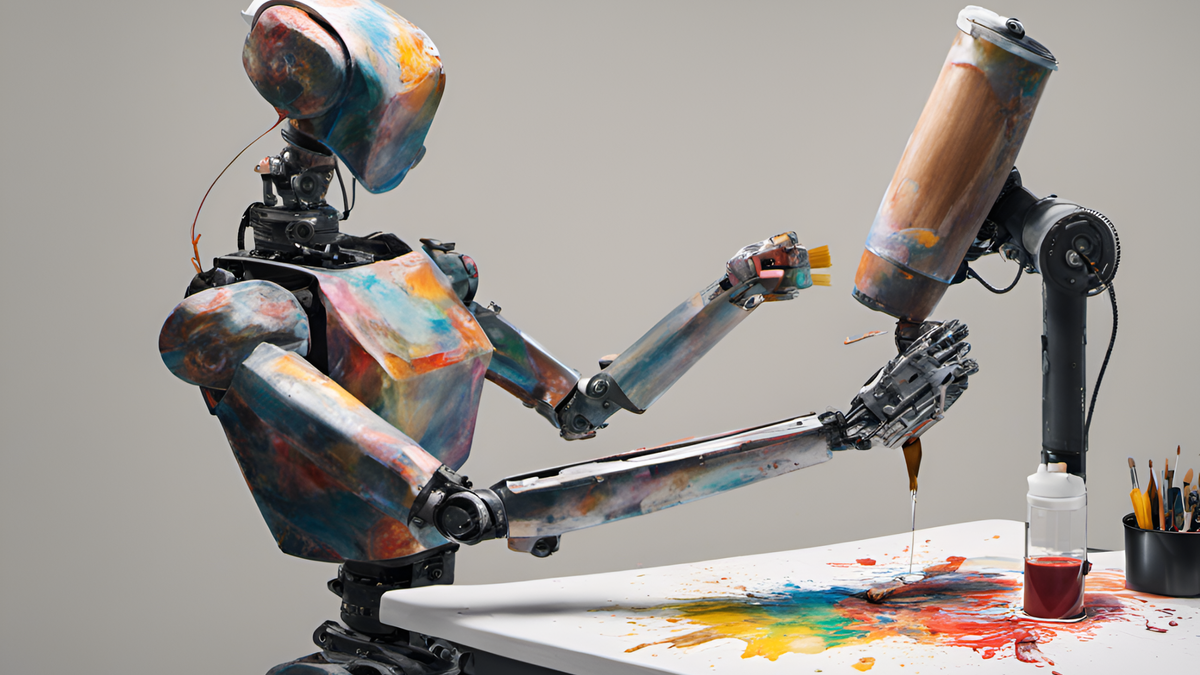A judge in California removed both plaintiffs and defendants from a copyright lawsuit filed against three image-generating AI platforms. Some of the claims made by the remaining plaintiff were also dismissed, though one core claim remains.
Artists Sarah Andersen, Kelly McKernan and Karla Ortiz filed a lawsuit earlier this year accusing Stability AI, Midjourney and DeviantArt of infringing their copyrights and publicity rights, and of removing copyright management information from digital works in violation of the US Digital Millennium Copyright Act.
A number of lawsuits have been filed to test the copyright obligations of AI companies, which are very relevant to the music industry even when – like this one – they are not music cases.
The plaintiffs in this litigation claimed that Stability AI scraped billions of images from the internet – including theirs – to train its Stable Diffusion model so that it could generate new images. No licences were sought to make use of those existing images, the lawsuit stated, and therefore the creator’s rights had been infringed. The defendants all submitted motions for dismissal.
Yesterday McKernan and Ortiz’s claims were dismissed entirely because they had not registered their images with the US Copyright Office. Midjourney and DeviantArt were removed as defendants because – although those platforms utilise the Stable Diffusion model – it hadn’t been clearly shown how they had directly made use of the artists’ work.
Some of Andersen’s claims against Stability – in relation to publicity rights and copyright management information – were also dismissed, albeit with the option to file an amended complaint to deal with the issues raised by the judge. However, her core complaint, that Stability infringed her copyrights by using her works to train its AI model without licence, still stands.
The judge wrote: “Even Stability recognises that determination of the truth of these allegations – whether copying in violation of the Copyright Act occurred in the context of training Stable Diffusion or occurs when Stable Diffusion is run – cannot be resolved at this juncture”.

